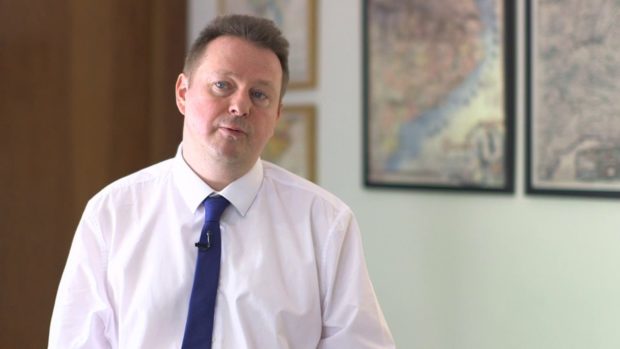A St Andrews academic has given evidence to a New Zealand government inquiry into the terror attack on two Christchurch mosques earlier this year.
Dr Tim Wilson warned terrorists are increasingly treating their atrocities as performance spectacles which may encourage copycat crimes.
Dr Wilson, director of the centre for the study of terrorism and political violence at St Andrews University, was invited to speak at the Royal Commission of Inquiry into the March shootings, which left 50 people dead and another 50 wounded.
He said: “Such events are historically very rare but seem to be becoming more celebrated, especially on the furthest fringes of the far-right.
“A particular concern is the emergence of a sort of institutionalised memory amongst would-be killers of how to stage such atrocities most effectively to achieve maximum publicity.”
The Royal Commission has been talking to a range of national and international experts in an effort to prevent any further attacks.
Its chairman Sir William Young and member Jacqui Caine travelled to the United Kingdom to meet Dr Wilson and others, including Sir Mark Sedwill, cabinet secretary and national security advisor; Bernard Hogan-Howe, former commissioner of the London Metropolitan Police; Jonathan Evans, former director general of MI5 and chair of the Committee on Standards in Public Life; and Andrew Parker, director general of MI5.
Sir William said: “We’re following a range of leads and seeking out the experiences of international experts as we grapple with the questions raised by the events of March 15 and how we help prevent such attacks in the future.”





